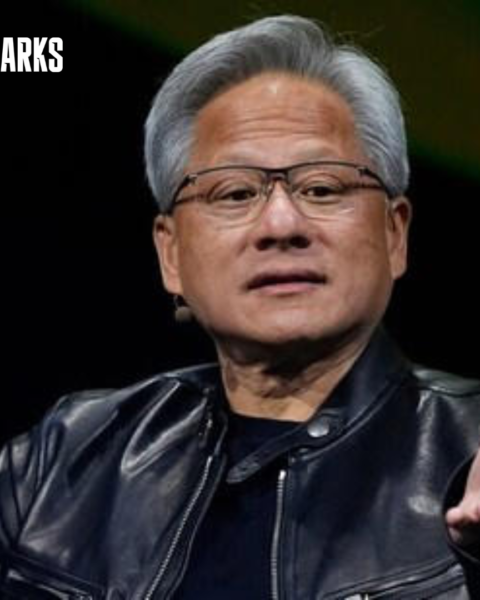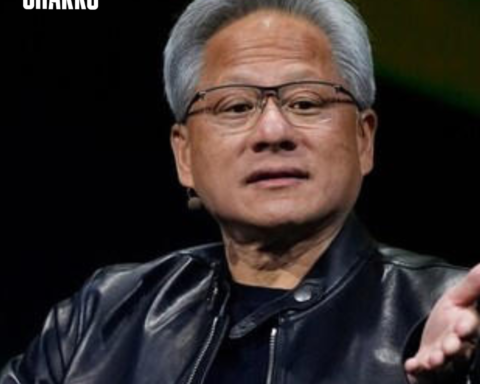WeWork CEO David Tolley Steps Down as Company Emerges

David Tolley, CEO of WeWork, has stepped down following the company’s emergence from bankruptcy. This move marks the conclusion of an extensive restructuring process characterized by strategic overhauls and the closure of multiple locations.
Appointment of John Santora:
John Santora, a seasoned figure in the commercial real estate industry, is taking over as the new CEO. Formerly serving as Tri-State chairman at Cushman & Wakefield, Santora brings a wealth of experience to his new role.
WeWork once hailed as the most valuable startup in the U.S., faced significant challenges due to rapid expansion and financial losses.
These difficulties were exacerbated by the pandemic-induced decline in demand, leading to the company’s filing for bankruptcy protection in November 2023.
Financial Restructuring:
After receiving approval for a restructuring plan from a U.S. bankruptcy judge, WeWork successfully shed $4 billion in debt and transferred its equity to a consortium of lenders and real estate technology firm Yardi Systems.
Under Tolley’s leadership, WeWork underwent substantial operational reforms. This included significantly reducing its real estate portfolio, renegotiating numerous leases, closing unprofitable locations, and substantial cost-saving measures.
SoftBank Group, a major investor in WeWork, saw its stake decrease to a minority position as a result of the restructuring. Despite owning approximately 71% of the company, SoftBank has gradually written down most of its investment.
Rejection of Adam Neumann’s Offer:
WeWork rebuffed co-founder Adam Neumann’s $650 million offer, citing inadequate terms to sway lenders. Neumann’s proposal was deemed insufficient, given the company’s post-bankruptcy valuation.
Following the restructuring, WeWork estimated its post-bankruptcy equity to be around $750 million, a stark contrast to its $47 billion valuation in 2019. This highlights the challenges the company has faced and the subsequent recalibration of its value.
Share This
Tony Boyce is a seasoned journalist and editor at Sharks Magazine, where his expertise in business and startups journalism shines through his compelling storytelling and in-depth analysis. With 12 years of experience navigating the intricate world of entrepreneurship and business news, Tony has become a trusted voice for readers seeking insights into the latest trends, strategies, and success stories.




















